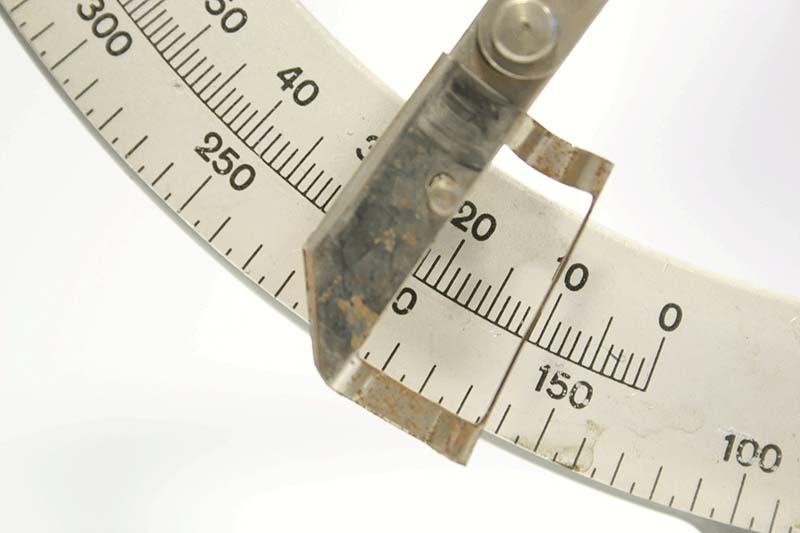Both procedures are effective and both carry certain risks and benefits. Which is right for you?
| Procedure | Gastric Bypass | Lap Band |
|---|---|---|
| Operative Time | 2 Hours | 45 Minutes to 1 Hour |
| Complication Rate | Low | Low |
| Death Rate | Low | Very Low |
| % Weight Loss | 65% to 85% | 30% to 55% |
| Reversible | No | Yes |
| Cost | 25k | 15k |
| Insurance Cover? | Yes | Yes |
| Appetite Suppression | Yes | No |
Gastric Bypass Surgery
Laparoscopic gastric bypass forces a patient to lose weight. And that is why most doctors consider laparoscopic gastric bypass the standard to which other weight loss surgeries should be compared. Check out our expected weight loss calculator to find out how much you can expect to weigh after gastric bypass surgery.
- Risks with gastric bypass surgery are more serious.
- A leak along the new stomach or the re-routed intestines can lead to death.
Both surgeries carry a low overall complication rate when performed with an experienced surgeon. Many patients report a decreased level of hunger after surgery. Gastric Bypass removes part of the stomach that produces ghrelin. Ghrelin is the hormone responsible for hunger!
Lap Band
This procedure is very effective when patient’s are able to follow the post-operative nutritional guidelines. While both surgeries require a lifestyle and diet change, lap gastric banding relies solely on restriction to lose weight (gastric bypass uses restriction and reduces calorie absorption). Once the food passes the band, a patient can eat once again.
- Often this leads patients who snack to snack more often because they remain hungry.
- Lap Band patients still feel hungry and that may be the reason that bypass patients lose more weight.
Key Differences
- Both surgeries are effective for weight loss in patients with obesity.
- Ultimately, an honest evaluation of your lifestyle, ability to change your diet, and input from your surgeon should determine your bariatric procedure.


